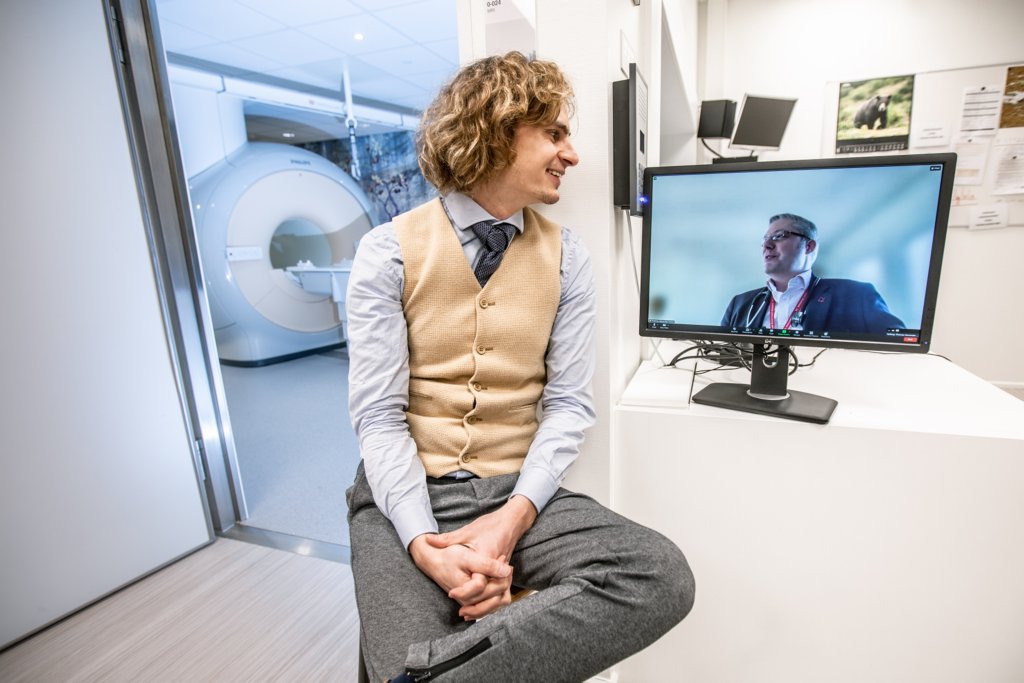Harnessing physics to improve medical imaging
Medicine is becoming increasingly personalised. One-size-fits-all approaches make way for tailor-made treatments, for instance for cancer and cardiovascular disease. In the 4TU Precision Medicine programme, scientists are working towards this goal by improving medical imaging technologies in a fruitful interaction between science and clinical practice.
No two patients are the same, even if they have the same illness. Whether they have cancer, a cardiovascular or neurological disease, their diseases may be as different as day and night. Tumours in liver and breast tissue, for instance, may share more characteristics than two different breast tumours.
Clinical practice is increasingly tuned towards this reality. Scientists are looking for ways to characterise their patients and their diseases in more and more detail, in order to offer them tailor-made treatments. Not just to target their disease more effectively, but also to limit adverse side effects.
“Previously, if you had cancer, you’d be given a general cytotoxic drug, and hope that this quite drastic approach would mostly harm the cancer”, says cardiologist Thomas Treibel of University College London. “Now, we can use imaging, molecular and hormonal phenotyping to characterise the cancer and then use very specific drugs to target it, in very specific amounts. Our aim is to translate this approach also into cardiology.”
“Imaging is the backbone of this characterisation”, says Sebastian Weingärtner, assistant professor at TU Delft. “I’d argue that imaging puts the ‘precision’ into ‘precision medicine’.” Both scientist have known each other for many years. They’ve been working together in various projects, also during Sebastian’s previous positions.
Want to read the whole interview of Sebastian Weingärtner and Thomas Treibel? You can read it here.
The interview is one in the series 4TU.techtalk, a 4TU professional will discuss a topical subject with someone from another discipline or societal domain – on the lookout for each other’s viewpoints and the commonalities, the triumphs but also the dilemmas.
Text: Nienke Beintema | Photography: Dieuwertje Bravenboer
4TU Precision Medicine
Precision Medicine is a programme within the 4TU Federation and part of the 4TU capacity building programme ‘High-Tech for Sustainable Future’. The programme aims to take diagnostics to a higher level through a combination of artificial intelligence and medical imaging techniques: from a one-size-fits-all approach to a tailor-made, personalised approach. According to the Precision Medicine team, this is the best way to keep healthcare accessible and affordable in the long term.
